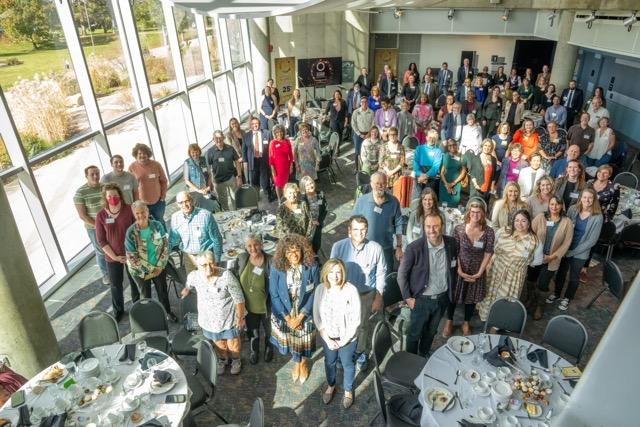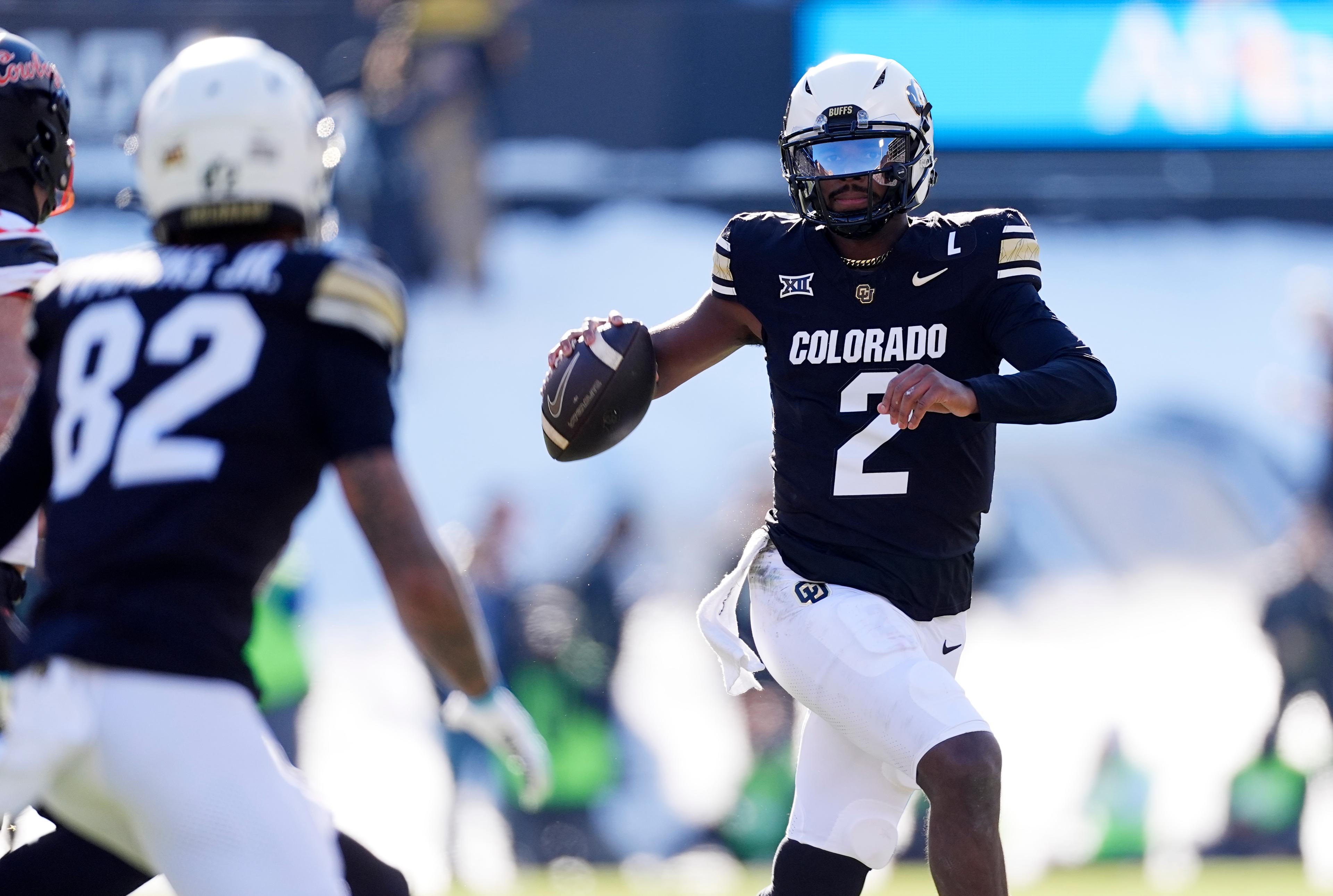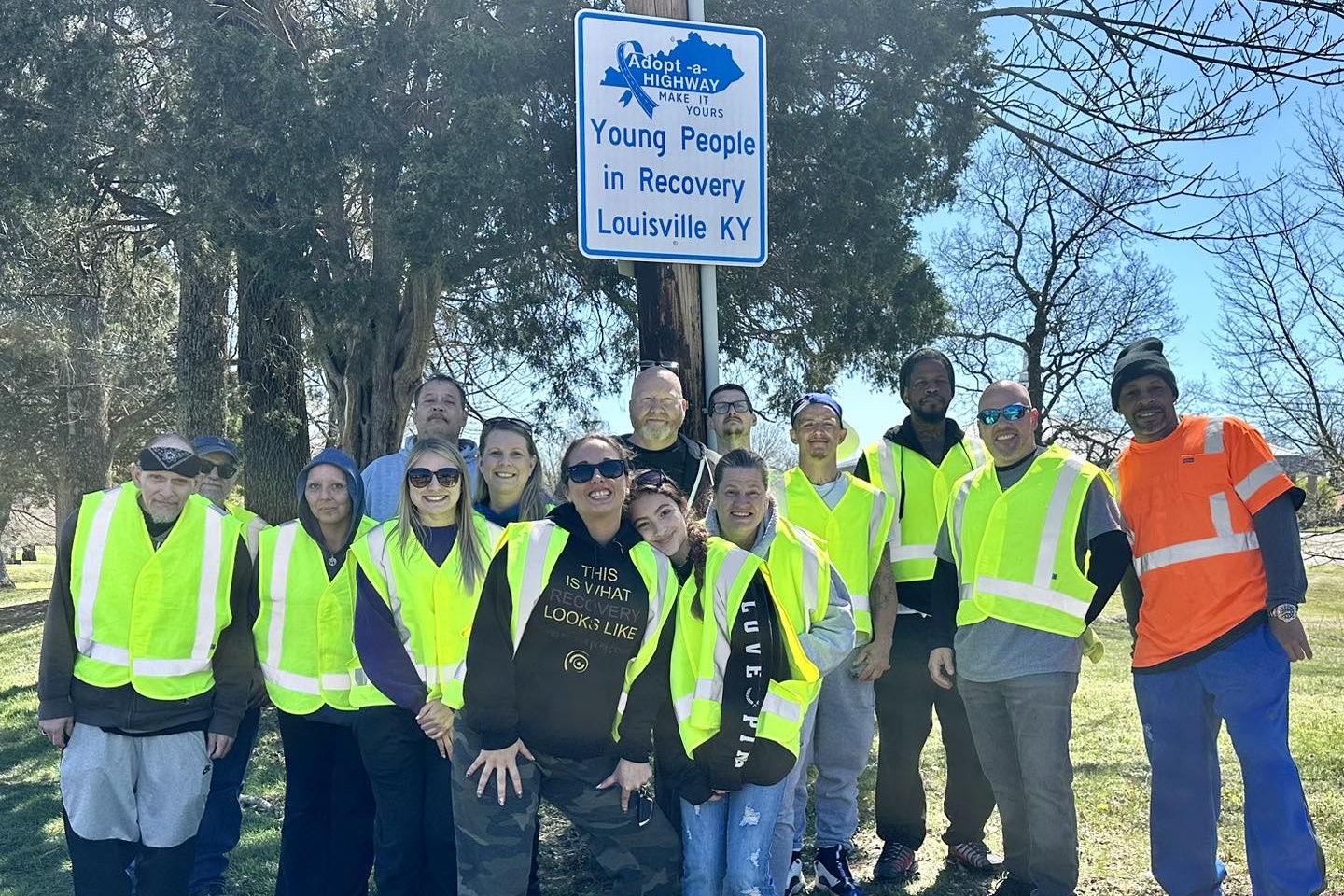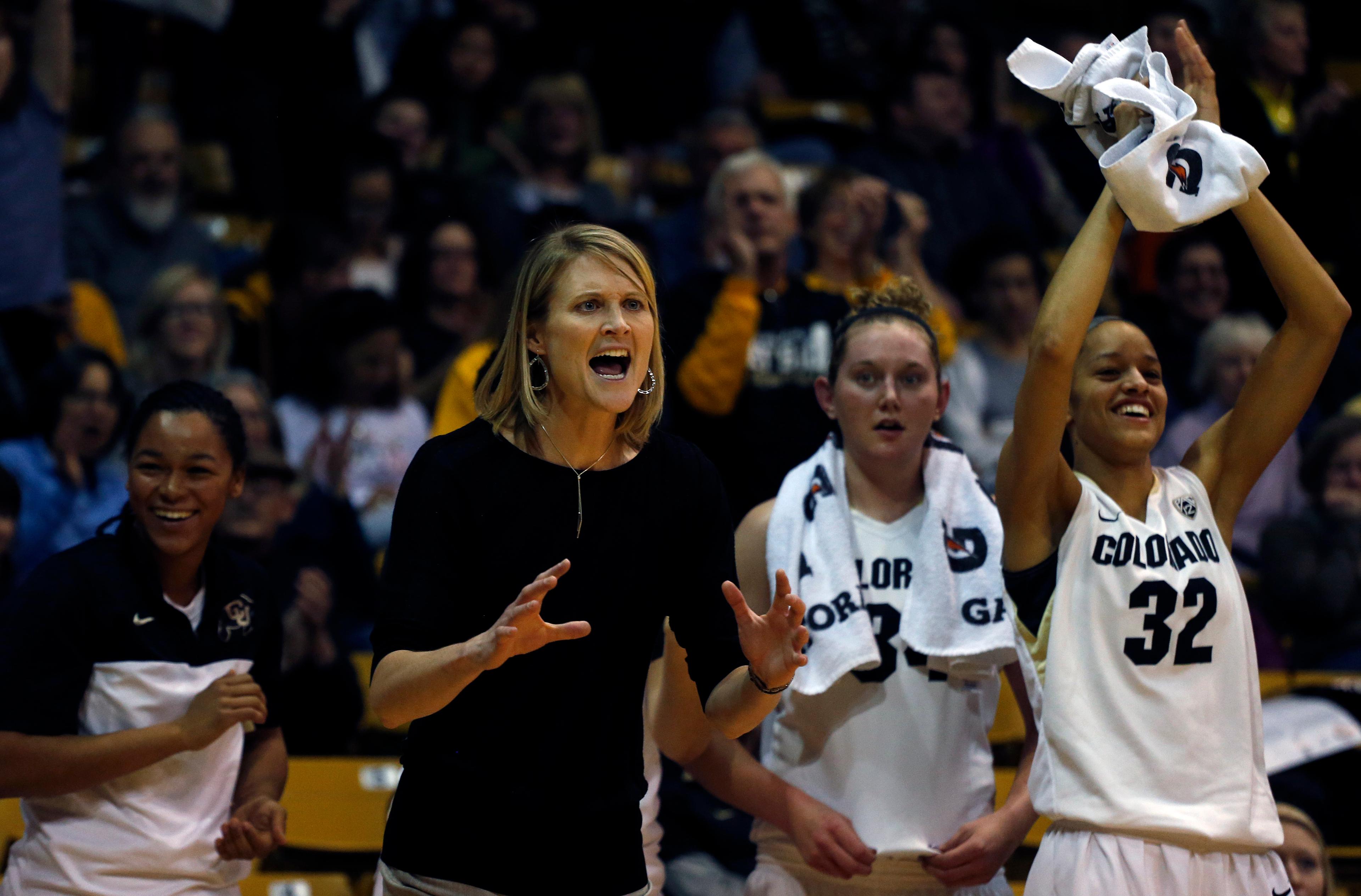
Whether it’s Missy Franklin in the pool, Sophia Smith on the soccer pitch, or Mikaela Shiffrin on the ski slopes, some of the most compelling chapters in women’s sports in recent years have been written by Coloradans. But those world-class athletes aren’t alone in their artistry; from youth sports to high schools to Masters level, there are extraordinary achievements taking place, and celebrating them all is the role of Sportswomen of Colorado.
This year the organization’s turning 50, and its executive director, Linda Lappe said it holds a singular place in the country.
“Now, we haven't gone searching with a fine tooth comb, but we've never been told otherwise,” said Lappe, who was a two-year captain for the University of Colorado’s women’s basketball team and a former coach of the Buffs. “An organization that honors to the extent that we honor at the statewide level, all sports, all levels from the most promising athletes who are 11 all the way up into masters athletes who are great-grandmothers and 82 years old."
“So we really take a lot of pride in being the first to do that, and we're still thought to be the only.”
One of the athletes honored in the first awards ceremony was Debbie Willcox Mills. Then a high school gymnast from Littleton, Willcox went on to star at CU Boulder and compete for the United States in the 1976 Montreal Olympic Games. While that competition holds a special place in her heart, she said it nestles beside her memories of that initial Sportswomen’s banquet – which she recalls with amazing detail a half-century later.
“I was 16, I think, when I got the award. I had been to a couple of the ceremonies in previous years; it was just a shock,” Willcox Mills said. “I had this turquoise dress; my mom was saying, ‘Well, do you want to go get a new outfit to wear to this?’ And I said, ‘Oh no, mom, I'll just wear this dress.’ I really liked it; It was turquoise and it was long, and I said, ‘I'm not going to win, so it doesn't matter what I look like.
“I just remember it bringing together all these great athletes – every time I went there, you're in the presence of just a lot of great people, just amazing people.”
Lappe spoke with Colorado Matters senior host Ryan Warner on the evolution of Sportswomen of Colorado, how its 50th-anniversary celebration is coming amidst increasing interest in women’s sports because of stars like Shiffrin, gymnast Simone Biles, and college basketball star Caitlin Clark, and which athletes we’ll be talking about 50 years from now.
This transcript has been edited for length and clarity:
Ryan Warner: You've had quite a career yourself. I know you're originally from Iowa, went to college at CU Boulder where you captained the women's basketball team for two seasons. Then you returned as head coach and still ranked third all-time in wins. I guess first off, do you miss it?
Linda Lappe: I miss parts of coaching, but no, I'm enjoying Sportswomen of Colorado and as well as my full-time gig, which is working for United Airlines. But I miss practices. I miss working with the players. I'm a sports junkie, so I do miss being in it every single day.
Warner: A sports junkie, you say. How do you get your fix these days?
Lappe: Well, Sportswomen of Colorado, and then I'm very active. Even though I don't necessarily watch a ton of sports anymore because I got my fill watching a lot of film while I was coaching, I love being outside. I love biking. I love hiking.
Warner: Is it true that there's no organization quite like this elsewhere in the country? How can that be?
Lappe: There isn't, as far as we know. Now, we haven't gone searching with a fine toothcomb, but we've never been told otherwise. An organization that honors to the extent that we honor at the statewide level, all sports, all levels from the most promising athletes who are 11 all the way up into masters athletes who are great-grandmothers and 82 years old. So we really take a lot of pride in being the first to do that, and we're still thought to be the only.
Warner: 50 years after its founding, why do you think Sportswomen of Colorado remains relevant? So much has changed in half a century.
Lappe: A lot has certainly changed. It wasn't like it is now where Women's athletics are the hip thing, and it wasn't like that in 1974 when the founder said, "Hey, what about this?” The fact that the executive director of 40 years, Joan Birkland, left about 10 years ago, it could have folded at that point in time. And there were a lot of people that stepped into different roles and said this is an important organization because we need to continue to have celebrations and continue to impact the youth and camp sponsorships and satellite clinics.
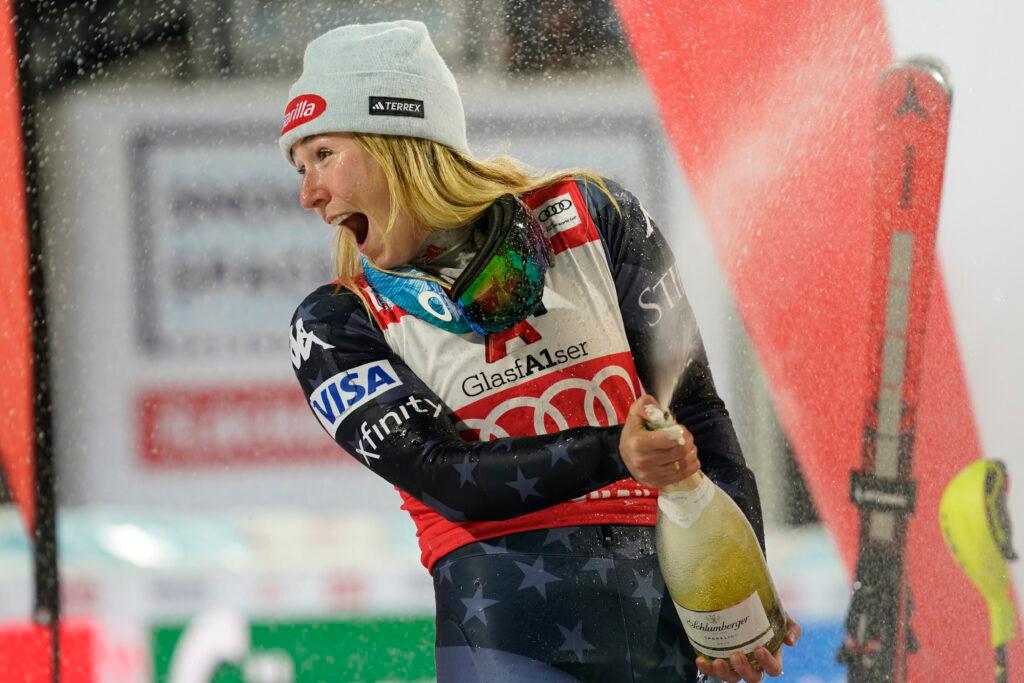
Warner: You mentioned Joanie Birkland, a Denver East grad who was a really good tennis player and golfer, and indeed before she passed away in 2019, Birkland ran the organization for 40 years. It's interesting to hear you say that there's some cachet now to women's sports. Do you think in the beginning, was starting an organization like Sportswomen of Colorado eyebrow-raising?
Lappe: That's a great way to put it. It's at the same time when Title IX was enacted, and so the timing of everything worked out great. Prior to Title IX, there wasn't really sanctioned sports in the state of Colorado for girls, and so our organization coincides with helping build that momentum with understanding that, hey, girls should have every right to play sports just like the boys do in high schools and in the youth organizations all the way up to colleges, and the professional leagues didn't happen right away. Those have just come about in the last 20 years or so. You think the excitement that must have been behind the scenes, and there were a lot of things that transpired all at the same time to help this organization exist and thrive.
Warner: We mentioned the organization honors athletes at different levels of competition. One of the honorees at the very first banquet was Debbie Wilcox, at the time a high school gymnast from Littleton who went on to compete at CU and for the United States in the 1976 Montreal Olympics. Wilcox told us just how memorable that Sportswomen Award was.
Debbie Wilcox-Mills: I was 16, I think, when I got the award. I had been to a couple of the ceremonies in previous years. It was just a shock. I had this turquoise dress because my mom was saying, "Well, do you want to go get a new outfit to wear to this?" "Oh no, Mom, I'll just wear this dress that I had that I really liked." It was turquoise and it was long, and I said, "I'm not going to win, so it doesn't matter what I look like."
Warner: Let's highlight some of the women we may be talking about 50 years from now. Tell me about Ava Keenan, who skis out of Vail.
Lappe: Ava was our most promising athlete last year. She was an 11-year-old mogul skier, seventh grader at the time. She's one of the best mogul young mogul skiers in the world. I did see she just won another award, so she continues to progress and get better and we were able to get a nomination for her. I don't know that we would've necessarily known about her had she not been nominated, and our nomination process is so important that people actually take the time and say, "Hey, this young girl needs to be recognized and honored," and that's what we've always been about. She has some unbelievable potential to go to the Olympics. She wants to be the first Black mogul skier in the Olympics.
Warner: Carol Whipple of Arvada is a duathlete, so that's a competition that features two lengthy runs and a long bicycle race. What can you tell us about Carol?
Lappe: Carol won an award last year for us. She also won an award this year. Last year she was a world champion. This year, she was national champion and world bronze medalist, and she is an amazing woman first and foremost. She has taken the award that we gave her last year, and she said, "How can I continue to pay it forward? How can I give back to mostly triathletes?" Because when people are young, they don't do as many duathletes. It's more in the triathlon. And so she's found ways to raise money for young triathletes to have the gear. Triathlon can be very expensive to get a good bike, get a wetsuit, all of those things. And so she continues to dominate at the world level in her age group.
Warner: I'm so glad you mentioned barriers to sports because it seems to me that it would be one thing for you to focus on women of means. But it sounds to me like part of this is making sure that women at all levels of income get celebrated and get access. Do you think that's true?
Lappe: That is true. The celebration piece, we celebrate anybody that is good, whether you're the inner city, whether you're from the middle of nowhere, Eastern Colorado. In the early 2000s, we wondered how we could continue to progress and provide opportunities for girls to be able to participate and to be able to get honored. How many girls were there that didn't have the means to be able to plan a club team or be able to go to a basketball camp or a volleyball camp? And so we started running a camp scholarship program. We started creating satellite clinics where we partnered collegiate women's sports teams with Title I elementary schools. During a PE class, they take the kids through skills and drills, and it just leads to a great sense of community. It's great for the college athletes to be in that community, and it's also great for the kids and for the teachers. And we've gotten so much great feedback on how the kids are once that team leaves.
One, they continue to practice their skills, but two, they treat their teachers with more respect. The boys treat the girls with more respect because they just saw these really powerful women come to their school. So yeah, just an all-around really great program that we've been able to just start and been able to impact so many kids.
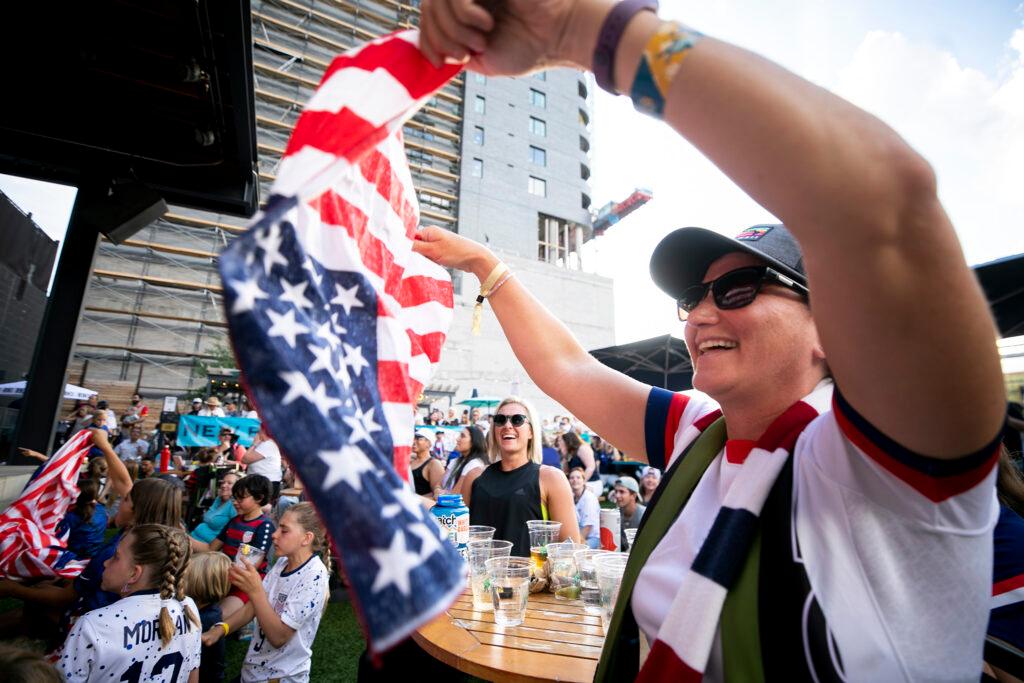
Warner: It seems like this is a great time for women's sports. Barriers remain no doubt, but I'm thinking of Mikaela Shiffrin, who as we heard recently set the record for most wins in World Cup skiing, gymnast Simone Biles, University of Iowa basketball star Caitlin Clark. I do want to get back to your time in basketball because I think it speaks to the arc. You come from Iowa like Caitlin Clark, but when you were a kid, the state famously played six-on-six with players being segregated to either the offensive or defensive side of the court. Tell me about an experience that seems like pretty archaic today.
Lappe: It is definitely archaic. However, those girls in Iowa were playing in the 20s, so they were getting to play where maybe the girls in Colorado had no opportunities to play. So for instance, my mom was able to play on her high school team all through her formative years and into high school, and then actually got a college scholarship. So while the game was archaic, it was really, really neat that they even had the opportunity. And then, as we got into the late 80s in Iowa, they had two different games. And then in the early 90s, they merged all into the five-on-five game. But you go back to the 50s and you look at the state tournaments, they're on YouTube, they have media coverage. They have 12,000 fans there in the arena. There's a lot of great things that came about, even though the game was significantly different than what we know of today.
Warner: That context is so important. I invoked Simone Biles a moment ago. Let's get back to Debbie Wilcox, now actually Debbie Wilcox-Mills, talking about the evolution of her sport.
Debbie Wilcox-Mills: Gymnastics has just gone to another level. So I was just at the beginning of Title IX and the equipment changed. Gymnastics equipment nowadays with the spring floors, the spring beams, the bars where you can actually do giants. My bars wouldn't go far enough apart, because they were antiquated, and I competed on a wood beam with no springs. So I just think with the level of the equipment, and I think the coaching has gotten good too. So yeah, it's just going to take off. Simone (Biles) is just unbelievable. I think she's the greatest gymnast ever.
Warner: What glass ceilings or glass backboards are still to be shattered, do you think?
Lappe: That's a great question because I think we have shattered quite a few of them even in the last year. You look at the recent Iowa Nebraska women's basketball game, the most watched game for a long time I think since 1999, and now those games are rivaling NBA games. That part is great. I'm not sure if it'll be a ceiling, but I think an upcoming challenge will be how they deal with the colleges changing, the NCAA moving on potentially. It could affect how many sports colleges can provide scholarships for as dollars become very hard to come by, as they place them more and more towards football, and maybe they have their two women's sports that they fund. I think in the next five years, sports at the collegiate level could look drastically different. And if that's the case, that affects your professional levels and it affects your high school and your youth, what happens there as well.
Warner: Once this banquet is over, I imagine that's a big stressful thing to put together, do you become just absolutely consumed by Women's March Madness?
Lappe: Not absolutely consumed anymore. I used to be consumed by March Madness. Now you definitely watch and it becomes fun. I just watched the Sports Center this morning, and there's already a lot of buzzer-beaters that have happened even in conference tournaments. To me, that is the most fun, especially in those smaller conferences where they don't get to go to the NCAA tournament unless they win their conference tournament. That's where I think it's really fun.

